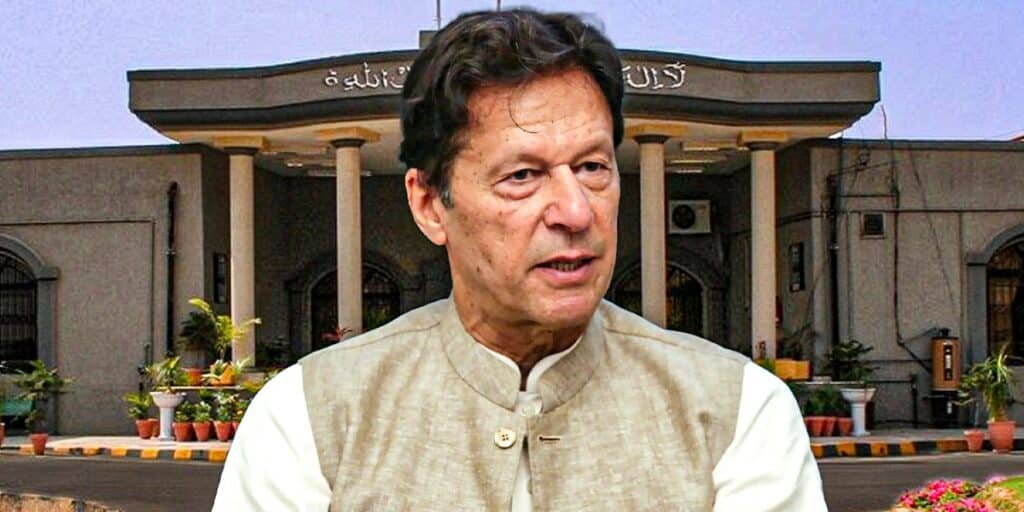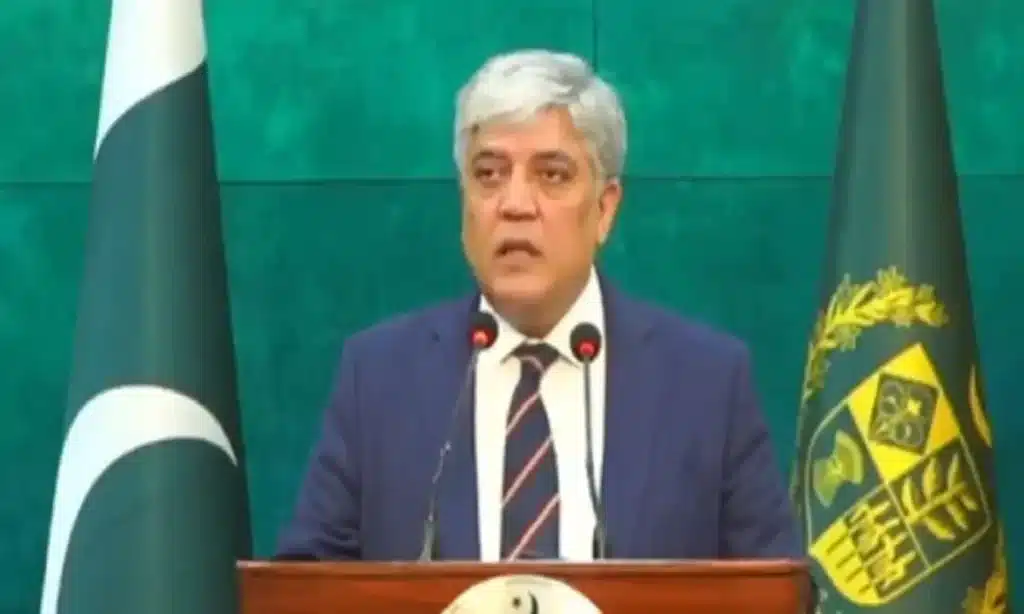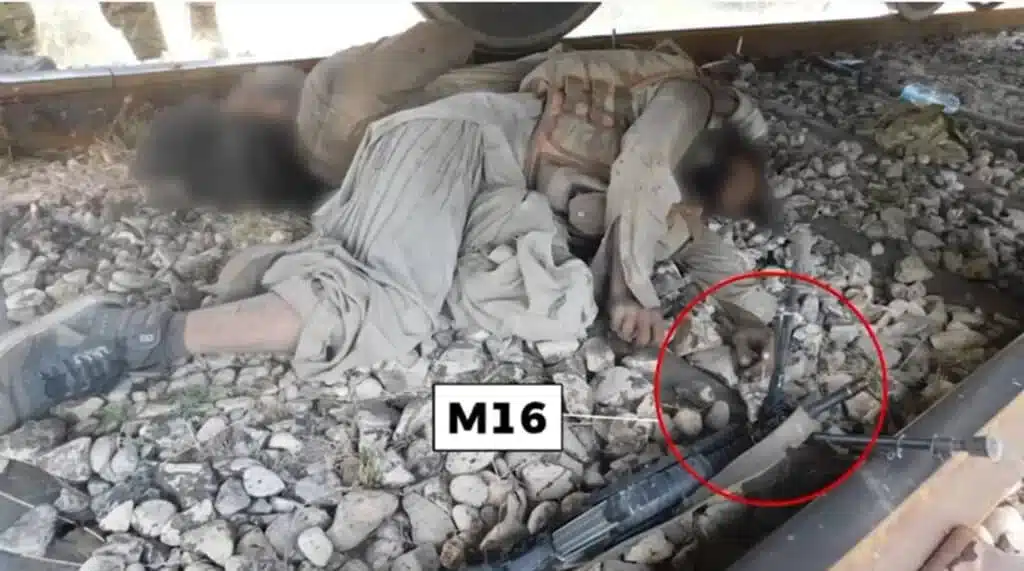QUETTA: Balochistan Chief Minister Sarfraz Bugti announced that a terrorism case has been registered and one suspect arrested in connection with the brutal murder of a couple, captured in a disturbing viral video.
The footage, which triggered widespread public outrage, showed a group of men escorting a man and woman into a deserted area before executing them. The killings, believed to be a so-called ‘honour’ crime, occurred just days before Eidul Azha this year.
In a statement on X, CM Bugti confirmed that the victims had been identified and immediate action was ordered once the video surfaced. He emphasized that Balochistan Police are actively pursuing all those involved and vowed that justice will be served. “A terrorism case has been filed on behalf of the state. The law will take its course in this heinous matter,” he said.
At a press briefing in Karachi, Balochistan government spokesperson Shahid Rind said the state had taken suo motu notice of the crime as no complaint had been lodged by the victims’ families. He revealed that the individuals and tribes seen in the video had been identified, though their names were being withheld for strategic reasons.
Authorities are using NADRA data to trace suspects, and raids are ongoing. One suspect has been arrested, and the location in the video has also been identified, though not disclosed publicly. Rind added that action would be taken not only against the shooters but also any jirga members involved in sanctioning the killings.
“An FIR has been registered based on the video evidence, and the investigation will reach its logical conclusion,” Rind said.
CM Bugti condemned the crime as a direct attack on human dignity and societal values, pledging severe consequences for those taking the law into their own hands. “No one will be allowed to bypass the legal system,” he declared.
This latest incident highlights the ongoing issue of ‘honour’ killings in Pakistan. According to the Human Rights Commission of Pakistan, 346 such cases were reported between January and November 2024, mostly in Sindh and Punjab. The persistent trend reflects deep-rooted cultural norms linked to honour and shame, which continue to claim lives across the country.





